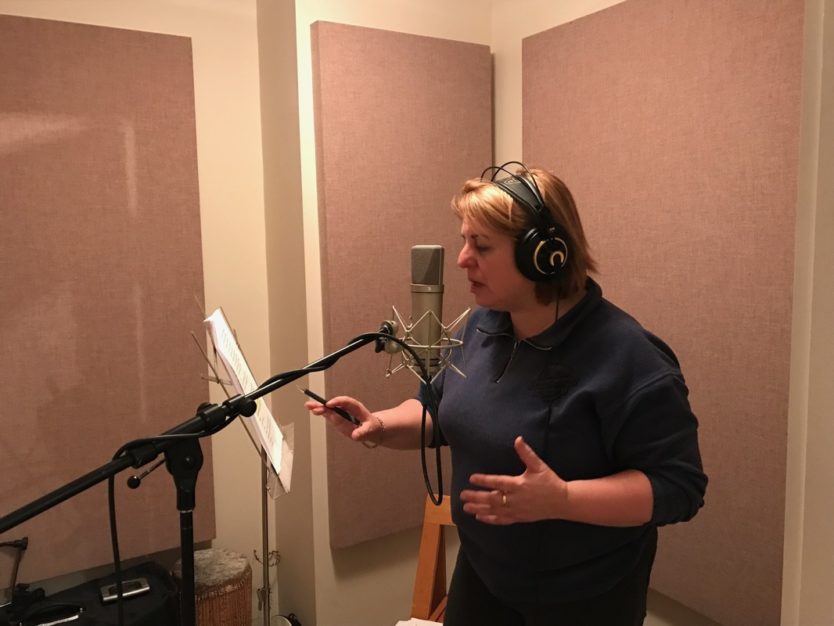We’ve been writing a lot recently about the importance of collaboration in the mental health advocacy community. Real change, in both our culture and our systems, will require the power of our combined voices, across a wide variety of media and channels. One way we can do this is by leveraging the unifying effect of film, music, the arts and digital media. By bringing people together, media plays a critical role in amplifying the message behind our shared concerns, recruiting advocates, changing minds, and reducing discrimination.
A revolutionary new film has the potential to be this type of catalyst for change, by portraying the topic of mental illness and our broken mental health system in a way that no other film has done. That Way Madness Lies is a tapestry of Duanne Luckow’s life, combining unfiltered, first-person iPhone footage of his time in mental hospitals, on the streets, and during moments of psychosis, with archival footage and photographs, interviews, and verite scenes.

Sandra Luckow recording narration for the film.
The film premiered a few weeks ago in Portland, and we had the opportunity to sit down with the filmmaker, Sandra Luckow, who is Duanne’s sister, to discuss the impact she hopes the film will have.
Although she was first compelled to create the film at her brother’s request, in the process of making it she realized the potential for its broader impact. In particular, the film provides a concrete and very real example of the many ways that our system is broken, and particularly, how the judicial system does more harm than good when it comes to helping those with brain disorders. “Our mental health system is so big and so broken, and my family has been through every contradiction and fallen through every loophole that exists,” Sandra said. She went on to share her thoughts on reforms that would bring us closer to a more humane model: “I would like to see mental health treatment take a more holistic approach [….] I am all for research and medical advancement in treatment. But we have a crisis on our hands of immediate import that needs to be faced without flinching.”
Sandra believes the solution lies in a combination of policy change and early intervention. “My best hope for the film is that it’s shown on Capitol Hill and that we change policy,” she said. She is pursuing this goal with inspiring energy and a focus on maximizing the film’s potential as an advocacy tool: “Get me a theater, get me an invitation, and I’ll be there,” she said, “I’m most concerned with education and outreach.”

Sandra Luckow promoting the film in Portland.
Based on the success of the film’s premiere in Portland, we are hopeful that it will serve to shine a light on this public health crisis, and its impact on individuals and families. Sandra shared that she was amazed at the number of people who attended who weren’t personal connections, but rather, had simply heard about the theme of the film. It was the largest crowd the Northwest Film Center, where the premier was held, has ever had — “They were blown away,” Sandra said. We were also thrilled to hear that screenings at several film festivals are on the horizon, and we hope and believe this film, and others like it, can spark real change. Sandra articulated the sense of urgency that’s needed around these issues, saying, “As I was doing the Q&As at the screenings in Portland, the words to the 1988 Tracy Chapman song kept repeating in my head, ‘talkin’ bout a revolution; it sounds like a whisper — people gonna rise up…’ We cannot sustain our current policies and treatment of people living with these challenges and call ourselves a humane or civilized society. We must get decisions about treatment out of the judicial system and into the hands of caregivers.” It is our hope that the film continues to garner the attention that this topic deserves, both from general audiences as well as policy makers and leaders in the mental health advocacy movement.
The next public screening of the film is at the Lighthouse International Film Festival on June 9th at 3:00pm. For more information click here or visit the film website: www.madnessthemovie.com.







